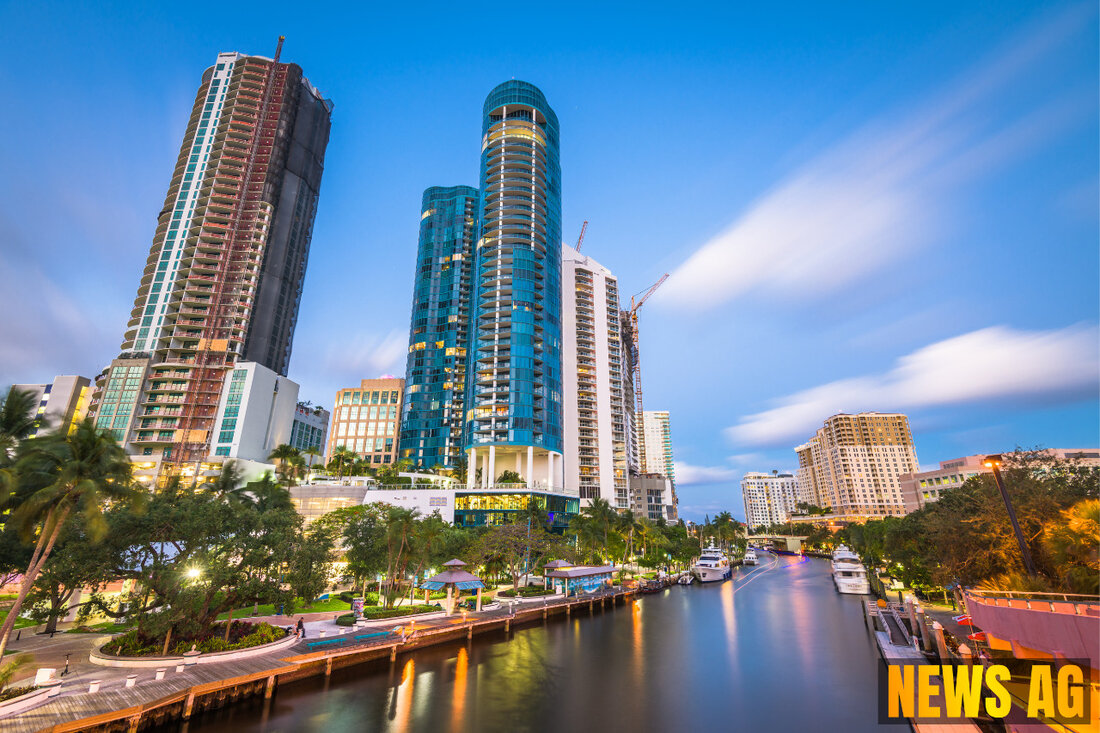Tallahassee Restaurants Brace for Change as No-Show Law Takes Effect!
Explore Florida's new SB 940 law combating restaurant reservation fraud, effective July 1, to protect eateries and enhance customer experience.

Tallahassee Restaurants Brace for Change as No-Show Law Takes Effect!
In a bold move to secure the future of dining in Florida, the state is gearing up for the implementation of SB 940, the „Restaurant Reservation Anti-Piracy Act,“ which comes into effect on July 1, 2025. This new law aims to tackle the rampant issue of reservation fraud—an escalating headache for restaurants in Tallahassee and beyond. A recent article by Tallahassee.com highlights the challenges faced by local eateries as they adapt to this innovative legislation. They are not only contending with casual multiple bookings but also no-shows, especially during busy occasions like Valentine’s Day and graduation season.
The rise of unauthorized reservation platforms has turned the dining experience into a battleground. With bots swiftly securing coveted tables, restaurants find themselves squeezed between potential diners and bot-fueled resellers. Governor Ron DeSantis has signed SB 940 into law to combat this unscrupulous practice, as Restaurant Business Online reported. This act makes it illegal to sell reservations without explicit consent from the establishment, penalizing violators with hefty fines of $1,000 per day.
Addressing No-Shows
The impact of no-shows can be dramatic for restaurants, especially since they heavily rely on weekend reservations for profitability. Each table left empty reduces their chances of making ends meet. To tackle this pressing issue, numerous Tallahassee restaurants are now implementing cancellation fees. For instance, il Lusso has adopted a policy that charges a $50 cancellation fee for guests who fail to cancel at least 24 hours in advance, while Savour imposes a $25 fee for late cancellations, with part of the fee going to the server. This practice is designed to cushion the blow of potential revenue loss from no-shows.
As Restaurant.org details, diners are increasingly aware of black-market reservations, with 40% acknowledging the existence of such websites. The growing awareness among the public highlights a rising dissatisfaction with these unauthorized resellers. Nearly 80% of consumers expressed a desire for more robust protections against these platforms, underscoring the shared interest between restaurants and customers in curtailing this problematic trend.
A Community Effort
Local restaurateurs like Drew McLeod from Savour and Ashley Chaney of Hayward House Bistro have publicly supported this legislation, recognizing its necessity in protecting Florida’s hospitality industry. They note that while Tallahassee has been less targeted by bots, the casual nature of no-shows is still detrimental, particularly during peak holiday seasons. As noted by the Florida Restaurant & Lodging Association, the new law comes as a relief to those in the industry battling the headaches caused by the black-market reservation scene.
The conversation should not only be about stricter laws; it is also about fostering a supportive dining atmosphere. The implementation of SB 940 represents a community effort to return control of restaurant reservations back to establishments, creating a fairer system that benefits everyone involved—from the chef to the diner.
With the culinary landscape evolving, everyone has a role to play in ensuring that the dining experience stays vibrant and accessible. Amidst the challenges posed by reservation scams, Florida’s new legislation promises hope for the future of the restaurant industry, heralding a fresh era of transparency and fairness.
